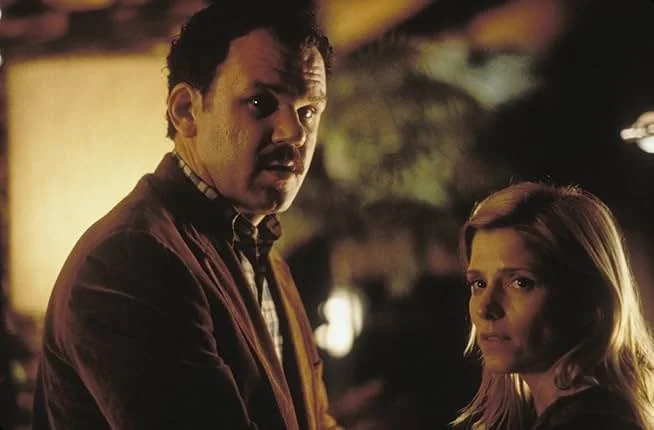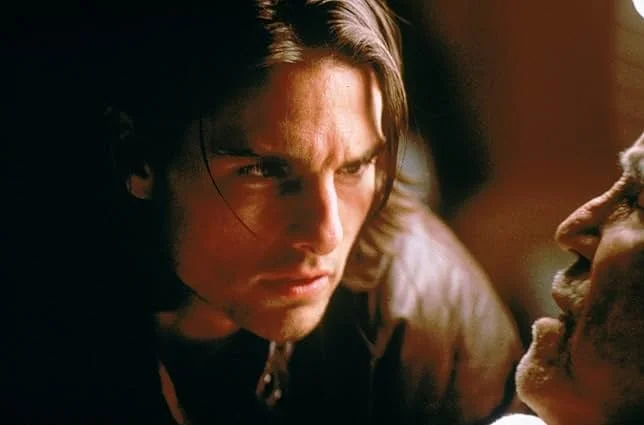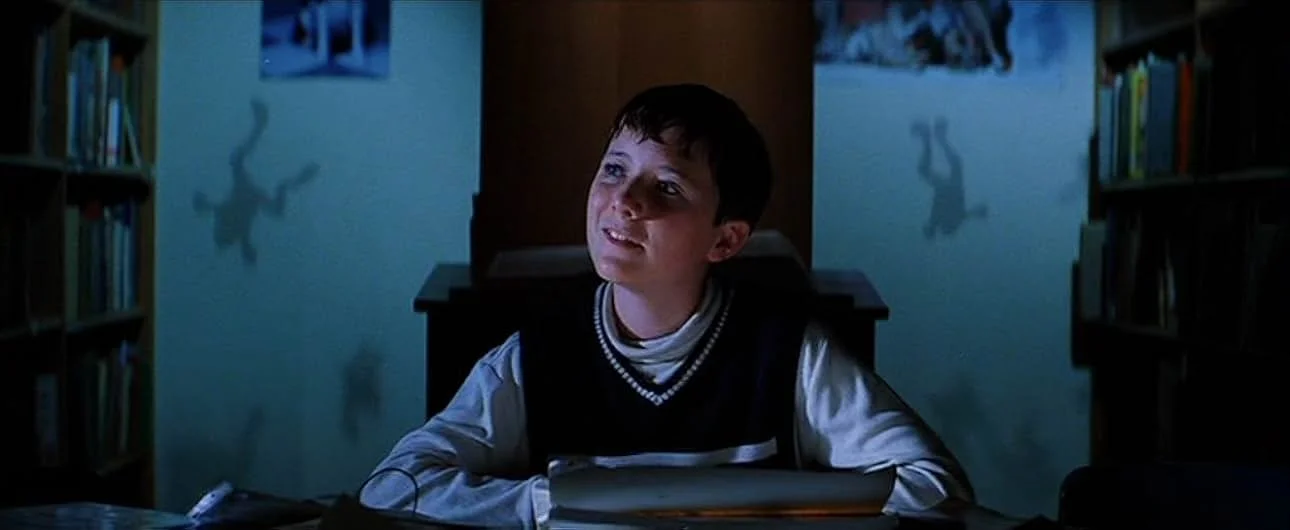Magnolia (1999) Review - Director Series
After the critical and commercial success of Paul Thomas Ander’s sophomore triumph, Boogie Nights. New Line Cinema gave Anderson carte blanche for his next film. Michael De Luca signed a deal giving PTA final cut without even hearing an idea.
PTA realized he’d never get this moment again, a position not every filmmaker gets in their career, so he decided to make the most of the opportunity and make a sprawling micro-epic about the lives of connected people in the San Fernando Valley.
Paul wanted to make a more intimate film for his third effort, but kept thinking of actors he wanted to write for, and his small 90-minute film ballooned to 180 minutes and a gang of characters and their interconnected stories.
Tom Cruise as an Andrew Tate type, Philip Baker Hall as a game show host, Melinda Dillon as his wife, Melora Walters as their troubled daughter, Jason Robards as a dying rich old man, Philip Seymour Hoffman as his caretaker, and Julianne Moore as Robards’ wife. William H. Macy as an ex-quiz show child prodigy, and Jeremy Blackman as a current quiz show child prodigy.
Every performance is incredible. PTA is one of the best directors of actors. In a film this expansive with this many actors, it’s a special feat that every actor stands out.
Tom Cruise received the film’s sole acting Oscar nomination. His climactic scene with Jason Robards makes it clear why he was singled out. PTA had Tom draw on personal experience with his father. Giving heart-braking authenticity to his emotional breakdown.
PTA attempts to say a lot within 180 minutes. As stated above, this feels like Paul knows he’s not going to get another blank check like this one and is going to take every advantage. So, he’s going to spew all his thoughts out at once.
Like his other films, the theme of connection is present. Instead of a found family, everyone here's just looking for some kind of connection, whether it’s love, a long-lost family, or simply to be left alone.
Abuse and its effects on the people around it are another prevailing theme. Abuse doesn’t just affect the people involved, but it spreads like a magnolia flower blooming and affects everyone around.
Or you could look at abuse as a cancer, malignant throughout society, shown through symbolism as two patriarchs dying of cancer and having them be the impetus of their family destruction.
The big question everyone has after watching this film is: “What do the falling frogs mean?” It’s the fork in the road moment. If you’re in on this film, this moment coalesces everything; if you’re not on this film’s wavelength, this is where you get up and leave.
To me, the frogs are a symbol of the moment in someone’s life that pushes them to change their behavior. Addicts, narcissists, and people in general need to have their own wake-up call to change.
It doesn’t come from someone else asking them or being forced to; they must decide to change. Just like in the song every character sings along to, Aimee Mann’s “Wise Up.” The lyrics “It’s not going to stop till you wise up.” They must wise up to make the change they want.
Many times, these changes addicts and narcissists make come after a defining moment. It could be a bottoming out, or boundaries set, or something else. The frogs are that defining moment, a moment every character can trace back to and say when the frogs fell, my new life began. That was my wake-up call.
After the film’s release, PTA was quoted as saying,” For better or worse, it’s the best film I’ll ever make.”
It’s definitely not the best thing he’s ever made, but it’s probably one of the best imperfect films ever made. Messy and overstuffed, even overwhelming at times, just like life.
I always thought this was a lesser version of Robert Altman’s Short Cuts. Instead, PTA once again draws inspiration and creates his own vision. Boogie Nights is his Goodfellas, and this is his Short Cuts.
4.5/5 Stars



